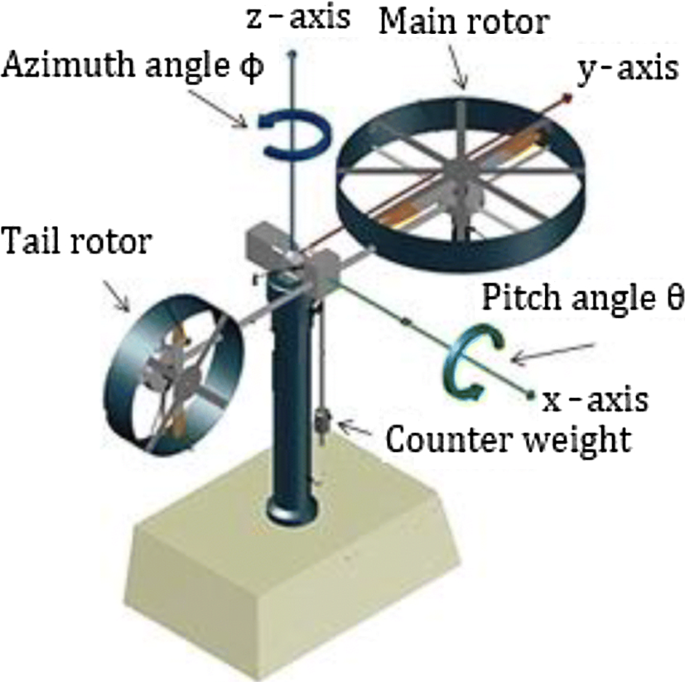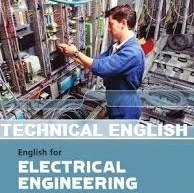
The course "Signal Processing" is primarily intended for the 1st years Master’s students in Automation and Systems. This course presents in the first chapter, a comprehensive treatments of the Fourier analysis such that The Fourier series and the Fourier transforms, the convolution and correlation. The 2nd chapter focus on the continuous time filters (analog Filter). The 3rd chapter gives the idea on the sampling and quantization. The 4th chapter defines the Discrete Time Fourier Transform (DTFT), Discrete Fourier Transform (DFT) and Fast Fourier Transform (FFT). in the last chapter we define the digital filters that can be further classified into finite impulse response (FIR) and infinite impulse response (IIR) filters.
- معلم: Ghenam Dahmane

The course is divided into five chapters. The first chapter is essentially devoted to general notions of linear automata and a brief review of matrix calculus. The second chapter is devoted to the different types of representations of linear systems. The 3rd chapter deals with the controllability and observability of linear systems. The 4th chapter is devoted to the representation of multivariable linear systems by transfer matrices. The 5th chapter is devoted to state feedback control of multivariable linear systems.
- معلم: Karim Belalia

This course is designed for first-year master Automation and Systems's students, emphasizing the enhancement of technical English proficiency essential for academic and professional success. Students will engage with specialized texts to deepen their understanding of industry-specific terminology and literature, while also utilizing authentic scientific videos to practice note-taking and summarization skills critical for extracting essential information. They will develop their communication abilities through presentations on scientific topics, improving their capacity to articulate complex ideas clearly, along with mastering telephone communication techniques and non-verbal expressions. Additionally, students will focus on extracting key ideas from scientific documents, crafting precise scientific messages, and exchanging written information effectively. They will also learn to write professional documents, including resumes and cover letters for internships and job opportunities. By integrating these various elements, the course provides students with a comprehensive skill set in technical English, empowering them to navigate the demands of their respective fields confidently and fostering effective communication in diverse professional settings
- معلم: Noreddine Benaired

This course encompasses essential principles of industrial maintenance, emphasizing its importance in boosting productivity and quality. It defines maintenance as actions aimed at preserving equipment while minimizing costs and encourages proactive strategies. Various maintenance strategies are discussed, with a focus on different types of failures and the necessity for structured policies. The organization of the maintenance department is outlined, highlighting the director's responsibilities and the classification of assets. Additionally, the critical role of documentation in maintenance operations is examined; particularly the significance of technical files and historical records. The course also delves into failure analysis techniques, both quantitative and qualitative, and introduces Computerized Maintenance Management Systems (CMMS), detailing their functionalities and the key conditions for successful implementation, all with a focus on continuous improvement.
- معلم: Noreddine Benaired